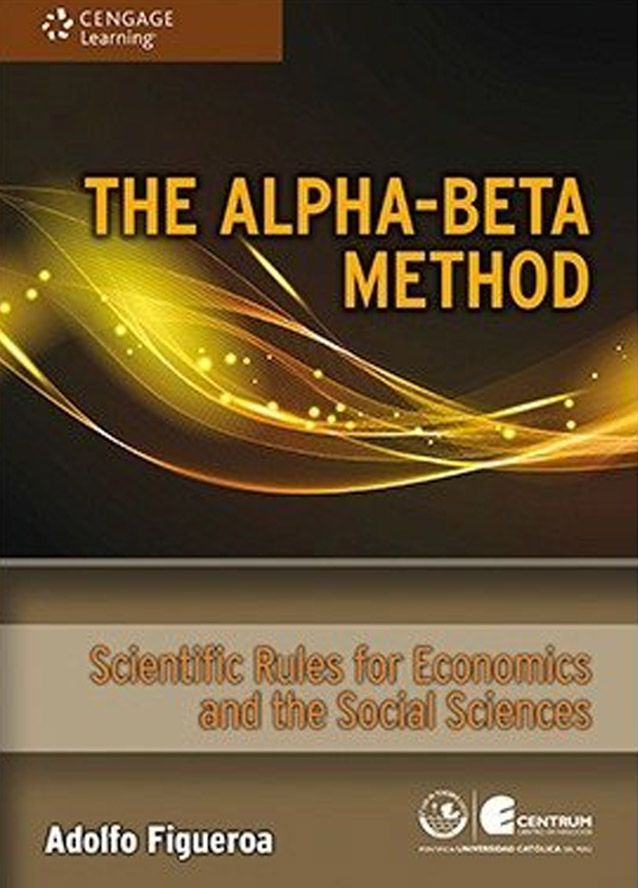“What are the rules that researchers in economics and the social sciences should follow in order to produce scientific knowledge? Why these rules and not others? This book seeks to answer these questions. Explaining the functioning of the social world is much more complex than explaining the physical world therefore, the researcher’s command of epistemology is more critical for producing scientific knowledge in the social sciences than in the natural sciences. Epistemology is usually presented as a branch of philosophy, called the philosophy of science. This book presents epistemology as the theory of knowledge, as the logic of scientific knowledge then epistemology is seen as part of the formal science of logic. This view is more natural for working researchers, who are epistemology users rather than makers. The book develops the alpha-beta research method -a particular method of the Popperian epistemology- from which practical rules for doing scientific research in economics and the social s it also shows the role of other epistemologies -deductive, inductive, and hermeneutics- in the construction of scientific knowledge. Students and professionals involved in social research work should find the book very helpful. The proposed scientific rules constitute a map route to follow in order to achieve research results, and not to get lost in the attempt. Praise for Adolfo Figueroa, A Unified Theory of Capitalist Development (Buenos Aires: Cengage Learning, 2009): “Adolfo Figueroa… has written a breathtakingly ambitious book. Physics is still struggling to integrate in a single unified theory the insights of general relativity and quantum theory.



